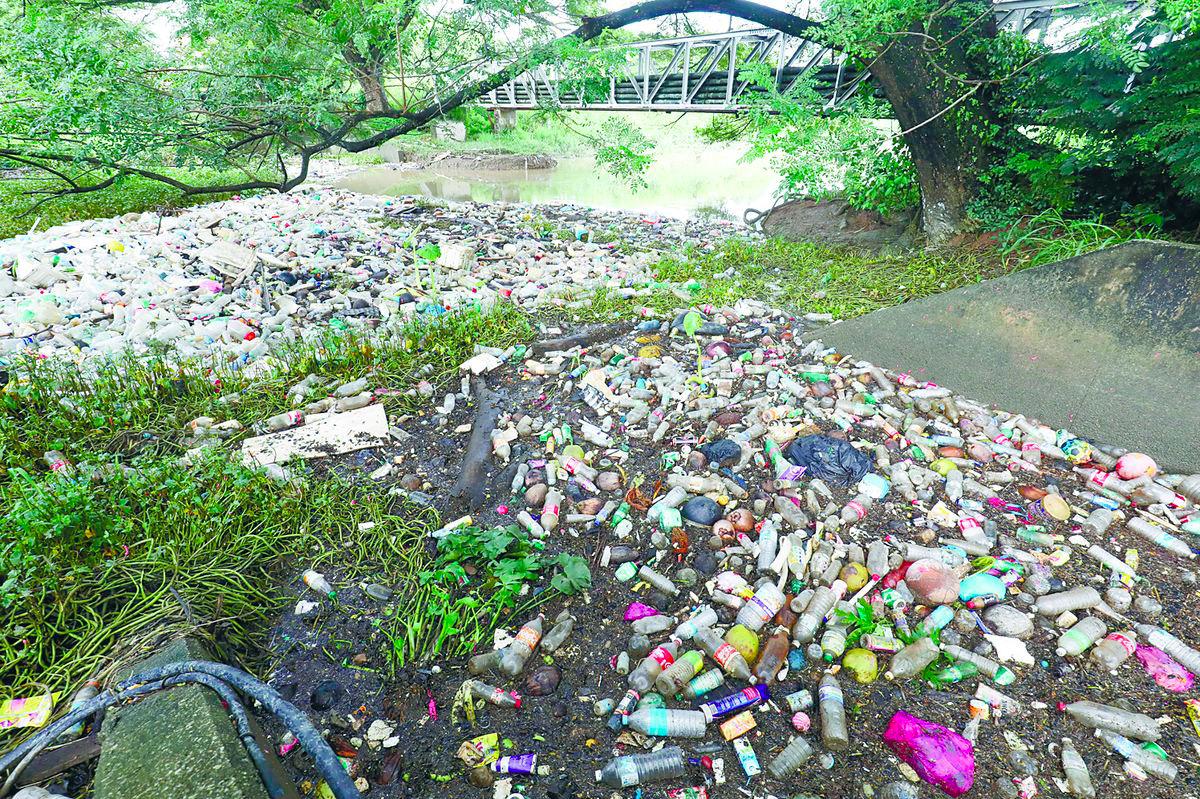PETALING JAYA: Former president of Malaysian Nature Society Prof Dr Ahmad Ismail said despite years of anti-plastic campaigns, rivers and marine ecosystems in Malaysia remain under threat from single-use materials.
“Plastic pollution in the ocean has become a global concern,” he said, adding that the United Nations has called for international agreements to address the matter. Yet at home, the problem persists.
“Plastic from housing areas or urban activities flows into drains, then rivers and eventually reaches the ocean. Once there, the impact on marine life is devastating.
“Fish, turtles, reptiles and other animals mistake plastic for food or become trapped in nets and bags. Plastics also break down into microplastics, which are even more dangerous to aquatic life.”
Ahmad also said plastics could carry toxic pollutants and clog drains, increasing the risk of flash floods and triggering a chain of environmental problems.
He described the continuous flow of plastic into waterways as a growing ecological threat that must not be ignored.
“People are still using plastic bags even when the government promotes no-plastic-bag usage on certain days.
“There is no data showing any reduction in usage despite the regulations.
“Go to the pasar malam, you’ll see plastic bags being used freely. They’re convenient and often handed out at no charge,” he said, adding that the rise in household and solid waste reflects the limited success of public campaigns.
“People are buying plastic bags out of convenience, and businesses continue supplying them.”
He said this creates a cycle in which retailers cater to customer demand and customers continue to rely on plastic, adding that the habit of bringing reusable bags has not taken root.
However, he said some environmentally conscious individuals do take steps to shop with reusable bags.
Ahead of International Plastic
Bag-Free Day today, he urged Malaysians to start with small, practical changes.
“Public understanding on the dangers of single-use plastic bags must be strengthened.”
He suggested supermarkets display reminders for customers to bring their own bags and consider offering free or discounted reusable bags to promote new habits.
He also encouraged people to plan their shopping.
“We need to campaign for conscious plastic bag use.”
He added individual steps such as keeping a foldable bag in the car or action by the authorities to put up posters could help create awareness.
“Local councils, communities, waste management firms and NGOs must work together to support the government roadmap towards zero single-use plastic by 2030.”









